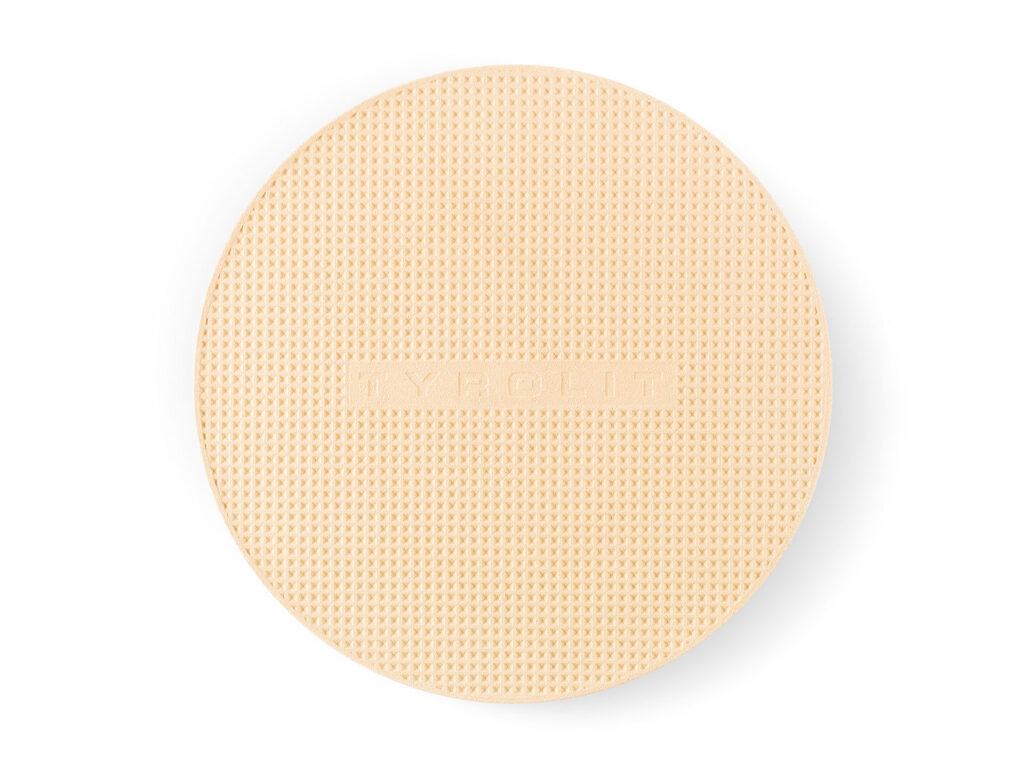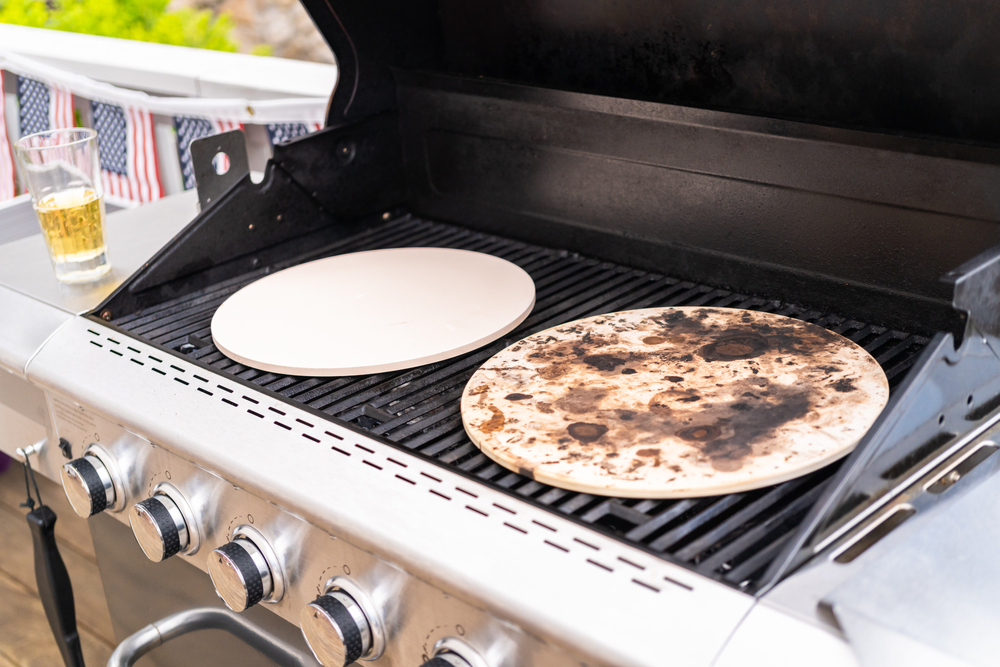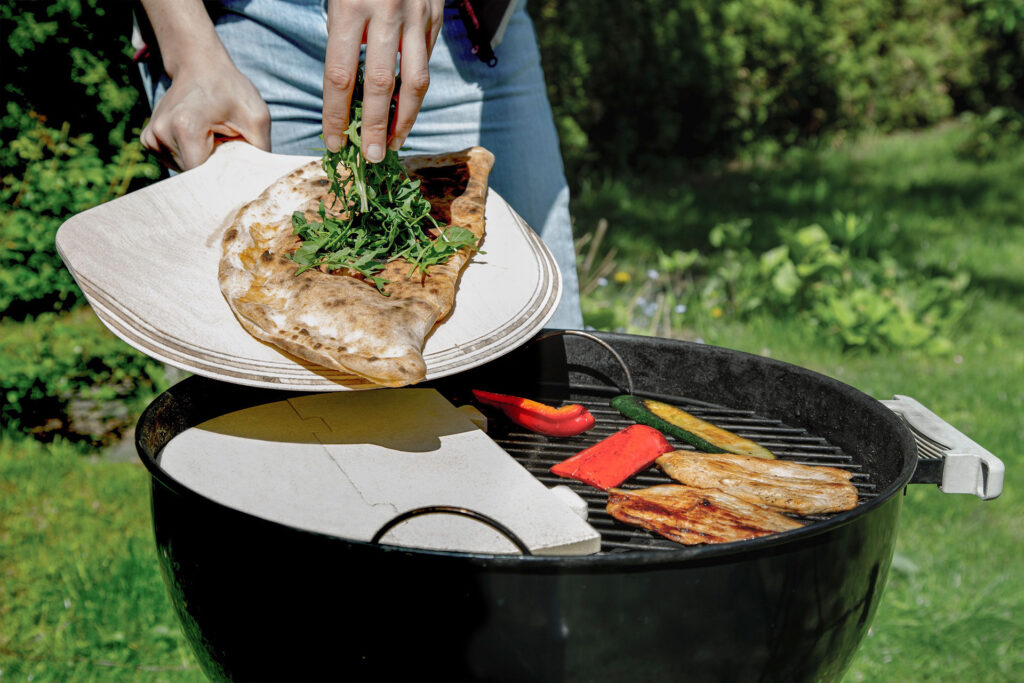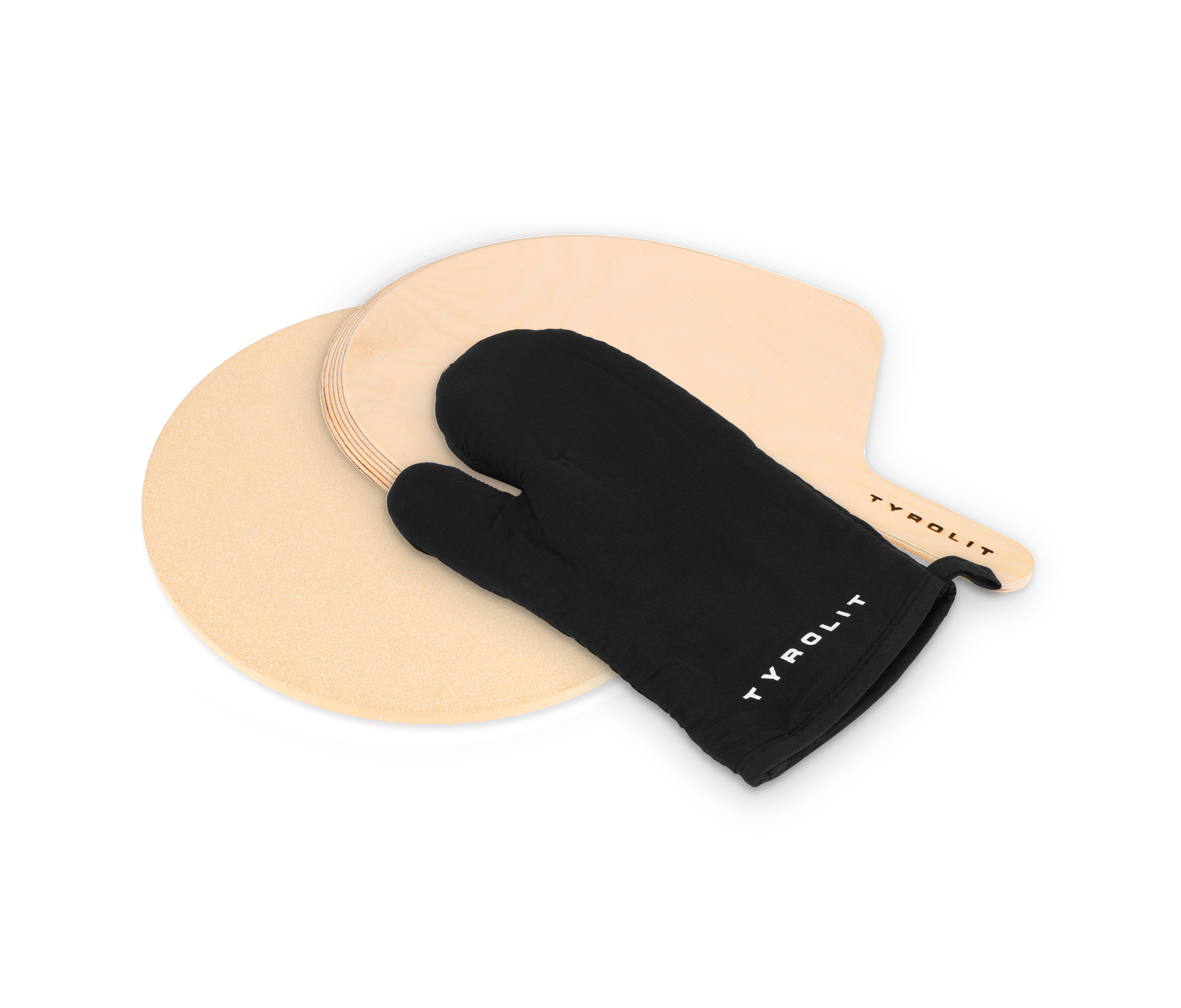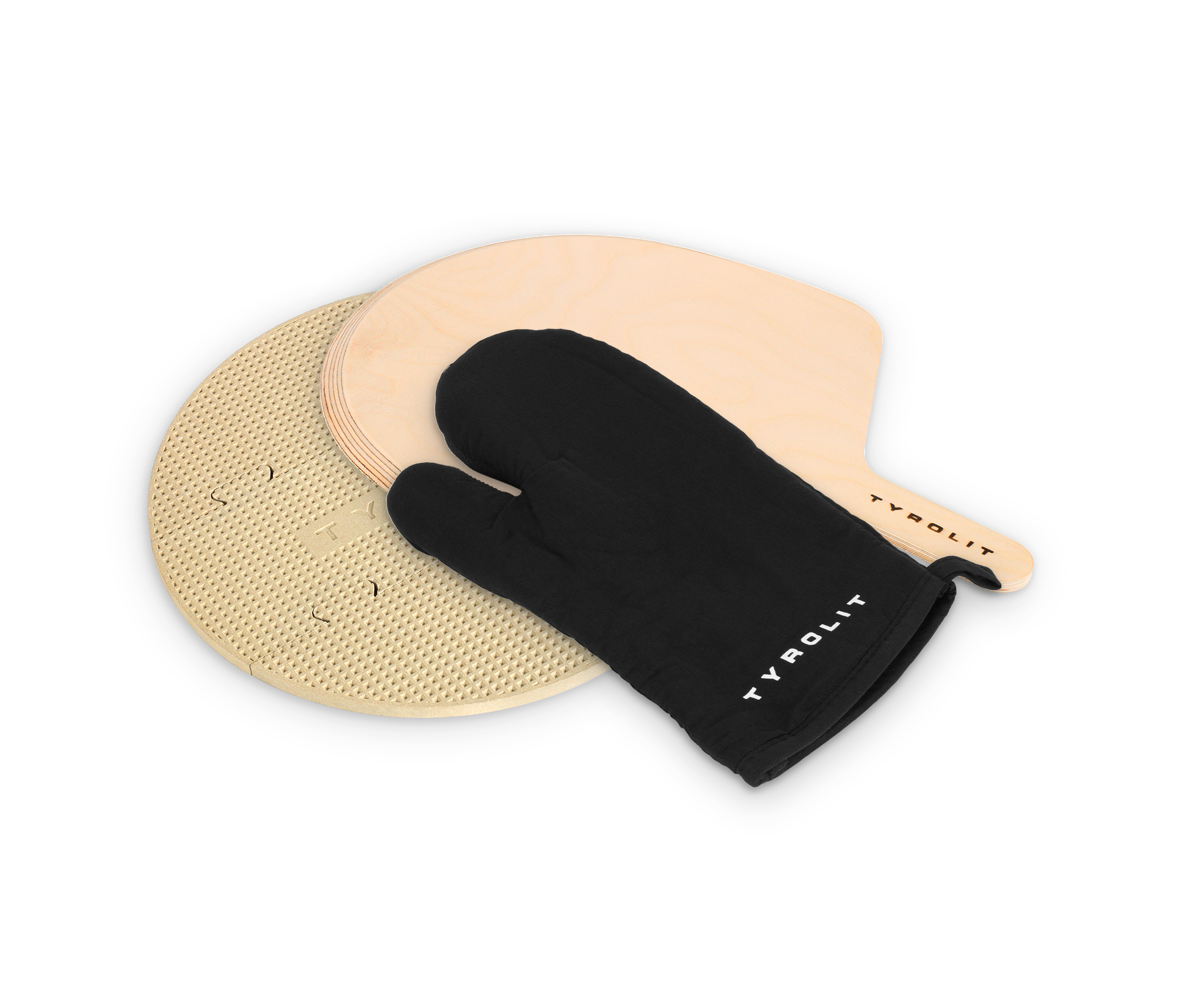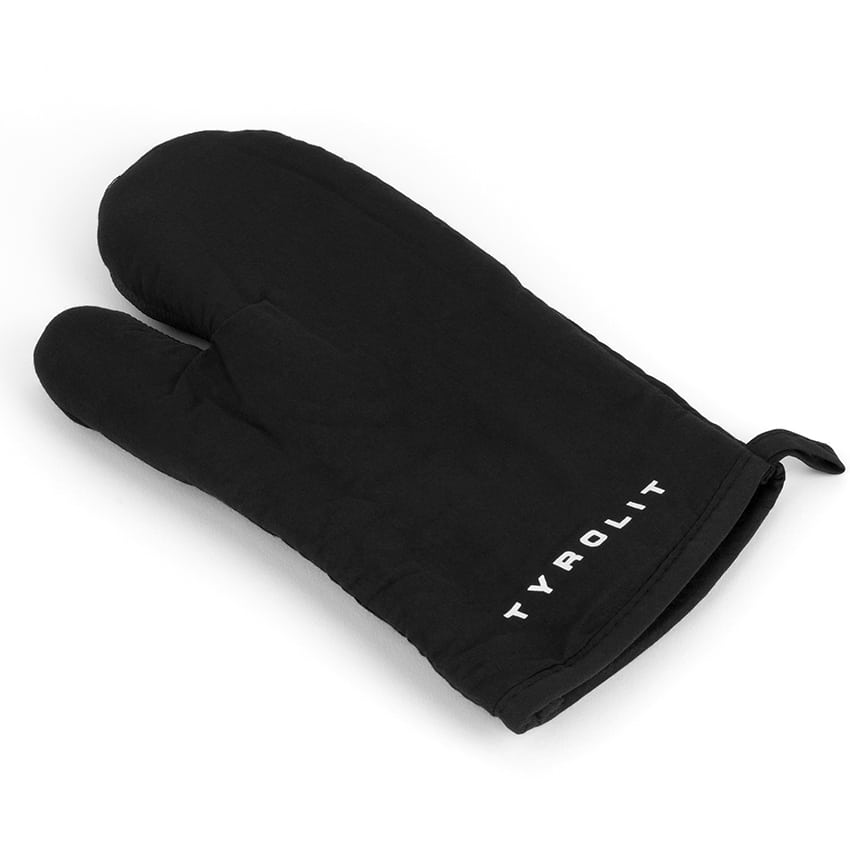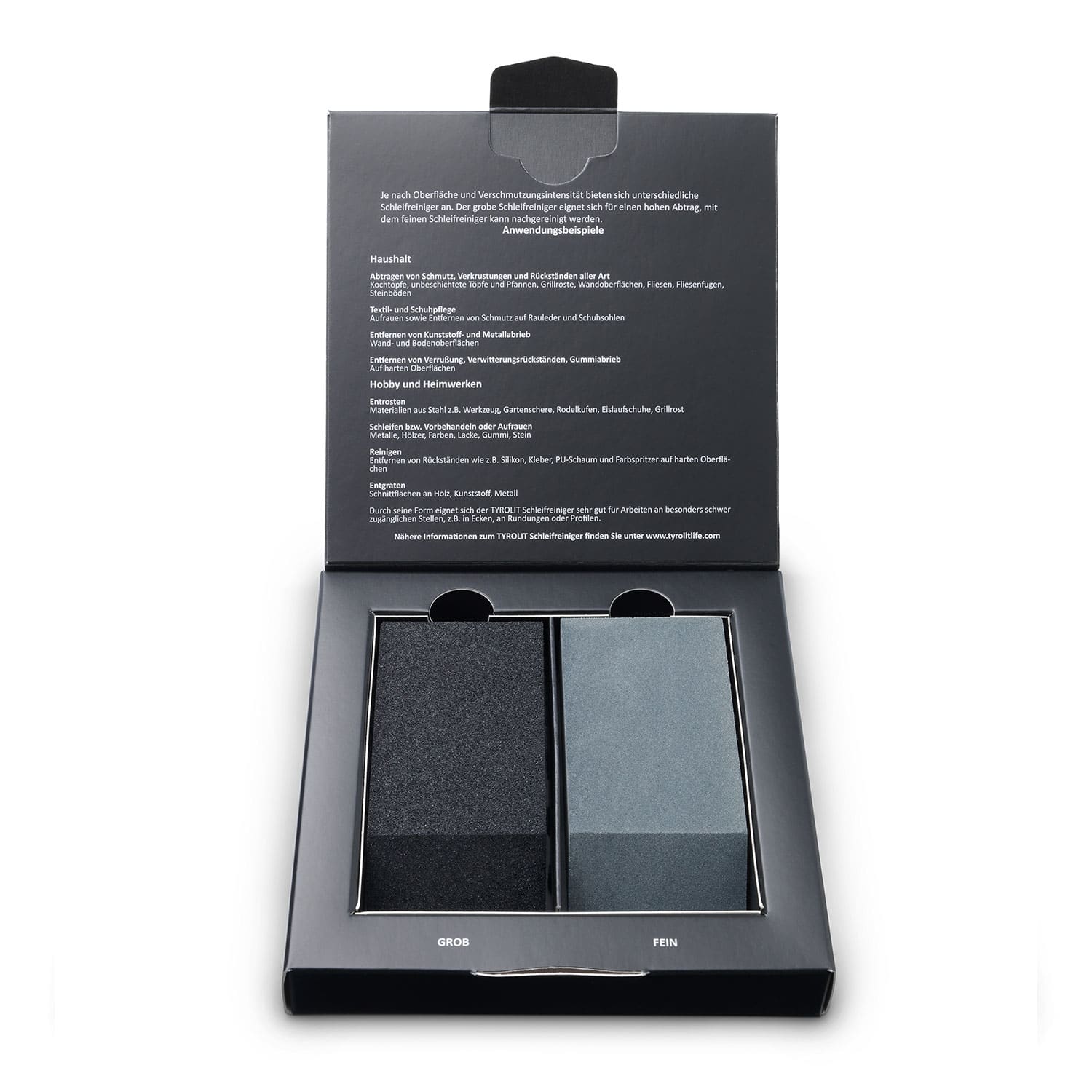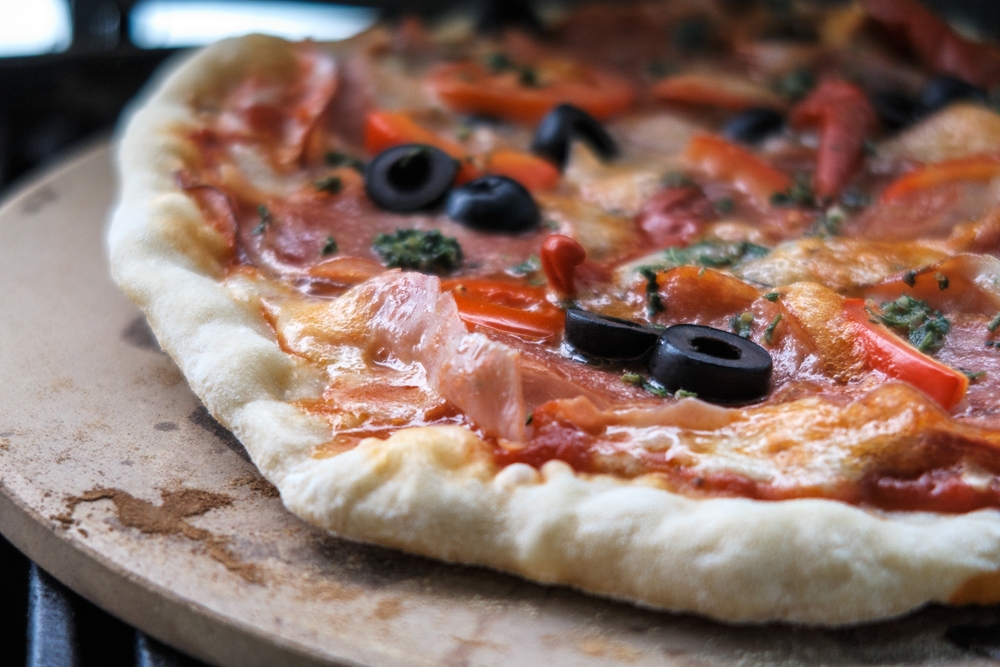Cordierite pizza stone – All details about the material
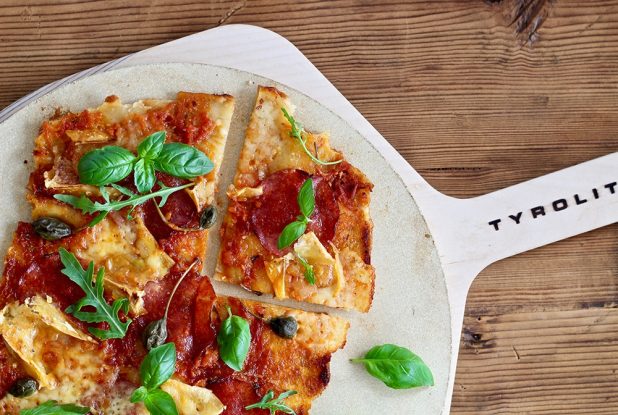
A pizza stone that produces delicious stone oven pizza awakens the memory of the pizza oven in many people’s favourite Italian restaurant. The fascination for the art of pizza baking goes back to ancient times and has remained firmly rooted in the hearts of pizza lovers all over the world
In this article, we delve into the world of pizza baking, with an emphasis on the traditional pizza stone that forms the basis for crispy, delicious pizzas.
Firebrick or cordierite?
Fireclay and cordierite: These are among the most common materials for pizza stones, alongside stainless steel pizza sheets. All are suitable for baking pizza, but they differ somewhat in their use and also in their baking characteristics.
Firebricks are a very traditional choice and are known for their excellent heat storage and distribution. They are sturdy and can withstand high temperatures, making them ideal for baking crispy pizzas. They can absorb moisture from the pizza base and release it in a controlled manner during baking.
Cordierite stones are also distinguished by their exceptional heat storage and durability. They can endure extremely high temperatures without cracking or fracturing. Consequently, they heat up rapidly and uniformly, facilitating even baking. Furthermore, they handle temperature fluctuations a bit better than their fireclay counterparts (although neither should be subjected to rapid changes) and are simpler to clean due to their fine porosity.
What exactly is cordierite?
Cordierite, also known as iolite, is a mineral from the group of silicates and germanates. It has the chemical formula Mg2Al4Si5O18. Cordierite is characterized by its ability to withstand high temperatures without changing its properties. This makes it a valuable material in the industry, especially in the ceramics and glass industry.
The mineral can come in different colors, from blue and violet to yellowish-gray and greenish. The blue-purple variants are particularly popular as gemstones under the name Iolith. Cordierite often has a property called pleochroism, in which it shows different colors depending on the viewing angle.
In nature, cordierite is mainly found in metamorphic rocks formed by the transformation of clay and silicate materials at high temperatures and pressures. It is also an important part of some gneiss and slate.
Due to its heat resistance, cordierite is used in technical applications, for example as a thermal insulation element in furnaces, in electroceramics and as a carrier material for catalysts in the automotive industry. But also in everyday use, cordierite is characterized by its ability to store heat, for example processed into high-quality pizza stones.
5 Tips for the Proper Use of a Pizza Stone
We want to clear up all questions and uncertainties about the optimal use of the pizza stone with our 5 tips. After this pizza stone masterclass, nothing will stand in the way of your pizza enjoyment!
The Advantages of a Cordierite Pizza Stone
Der Cordierit Pizzastein bieten eine Vielzahl von Vorteilen, die ihn zu einer beliebten Wahl für das Backen von Pizza macht. Diese Vorteile umfassen ihre außergewöhnliche Hitzebeständigkeit, ihre schnelle und gleichmäßige Erwärmung sowie ihre Langlebigkeit und einfache Reinigung. Darüber hinaus sind Cordierit Pizzasteine vielseitig einsetzbar und können sowohl im Backofen als auch auf dem Grill verwendet werden.
Heat Storage
Heat retention capacity is a crucial aspect of pizza baking, and cordierite pizza stones excel in this area. High temperatures at the pizza stone are necessary to get a crispy bottom. They allow the pizza dough to bake quickly and develop an appetizing browning while trapping the moisture inside the pizza. This results in a perfectly baked dough that is crispy on the outside and delicate on the inside.
In addition, the high temperature of the pizza stone helps to ensure that the topping cooks evenly and quickly. This is especially important for heating ingredients such as cheese, vegetables, or meat evenly and releasing delicious flavors.
Here, the capability of cordierite to store and evenly distribute heat is particularly important. When the unbaked pizza is placed onto the hot stone with a pizza peel, it immediately draws heat from it. However, if the pizza stone has been preheated properly and can retain this heat, it will manage even a heavily topped pizza and bake it to an evenly crisp finish. It is even suitable for use as a bread baking stone.
Regarding preheating the pizza stone: it must be placed in a cold oven and then heated for 30 to 45 minutes, depending on the stone’s thickness and the manufacturer’s recommendations. The shape of the pizza stone, whether round or rectangular, doesn’t affect the preheating process – its structure, however, does. For instance, Tyrolit Life has equipped its cordierite pizza stone with a waffle pattern on the underside to optimize its heating characteristics: 30 minutes of preheating time suffices to begin baking pizzas, tarte flambées, or even rolls.
Resilience
Durability is another exceptional attribute of cordierite pizza stones. They are better equipped to manage temperature fluctuations compared to some other materials. This signifies that the stone is less susceptible to cracks or damages that may be induced by abrupt temperature shifts (although such incidents should still be avoided). However, there is a risk of breaking if the pizza stone falls; similarly, it’s advisable to use the pizza slicer on an appropriate surface.
Do not be surprised if, over time, cordierite pizza stones develop a patina of stains and discolorations. This patina is a natural part of the aging process and does not impair the stone’s performance. On the contrary, it adds a rustic charm to its characteristic appearance.
Cordierite Pizza Stone – Easy Cleaning
Due to its less porous structure, cordierite is easy to clean and extremely durable. The smooth surface of the cordierite pizza stone facilitates cleaning, as food residues are less likely to adhere. Often, a simple wipe after use is sufficient to clean the pizza stone; for more stubborn dirt, the ceramic hob scraper can be used carefully (but always follow the manufacturer’s instructions). However, avoid submerging the stone completely in water – the pizza stone could break.
In addition, cordierite is food safe, which means that it is safe for direct contact with food.
Cleaning Your Pizza Stone – 7 Tips for Keeping It Clean
How do you clean a pizza stone? Fortunately, it’s not at all difficult to get the pizza stone clean again. The principle is: less is more! To ensure the few steps needed for cleaning the pizza stone are effectively applied, we have put together 7 useful tips for you here.
Whether grill or oven – cordierite as a hot tip
The Cordierite pizza stone is extremely versatile and can be used both in the oven and on the grill. This flexibility makes it an indispensable tool for kettle grills, whether you prefer a gas, charcoal, or a classic electric grill.
Using such a pizza stone in the oven makes it possible to enjoy delicious pizzas with crispy bottoms and perfectly cooked toppings at home. The stone absorbs the heat in the oven and releases it constantly to the baked goods. This optimizes the baking process and gives the pizza an ideal texture and consistency.
On the grill, the cordierite pizza stone offers a similarly outstanding performance. Due to the high heat resistance of the material, the pizza stone on the grill can easily cope with the intense heat and produce a perfectly crispy pizza. The direct heat from below ensures a quick and even heat release, while the smoky touch of the grill adds an extra BBQ flavor to the pizza.
Cordierite with or without glaze?
Cordierite – a mineral mixture of magnesium, aluminium and silicon oxide – is offered for use as a pizza stone either unsealed or glazed. Unsealed cordierite preserves the natural surface of the material, allowing for increased moisture absorption. However, unsealed cordierite may be more susceptible to soiling and may require more intensive cleaning.
In contrast, glazed cordierite provides a sealed surface that is easier to clean and less prone to soiling. The glaze can also help improve the appearance of the pizza stone and make it look like new for longer. However, a glazed surface can slightly impair moisture absorption and make its surface more sensitive.
Tyrolit Life Pizza Stone – Cordierite stone from the ceramic expert
The Tyrolit Life pizza stone is the result of the expertise of a leading manufacturer of ceramic products. Made from high quality cordierite, this pizza stone offers outstanding performance for perfect pizzas at home.
Thanks to the use of cordierite, the pizza stone can absorb and store high temperatures efficiently, resulting in a crispy bottom and evenly baked pizza. With its waffle structure, it ensures even heat distribution and thus optimal baking results.
The accessories of the Tyrolit Life pizza stone also include a practical pizza shovel, which makes it easier to push your pizzas in and out. The round pizza stone also comes with a practical oven glove – as part of a promotion, as long as stocks last. This makes the Tyrolit Life pizza stone the ideal choice for anyone who values quality and first-class results.
Pizza Stone – All Facts on Materials, Application, and Maintenance
The pizza stone has become a must-have in countless kitchens. In this post, we'll take a look at interesting facts about this kitchen helper – one thing in advance: the pizza stone is far more versatile than you might think.
FAQs
What is a Cordierite Pizza Stone?
Where does cordierite come from?
What should I keep in mind with a pizza stone?
Is a cordierite pizza stone harmful to health?
Is a cordierite pizza stone toxic?


